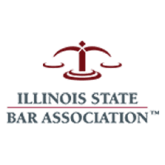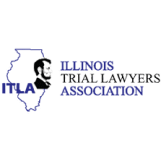Preventing Harm: Safety Standards in Nursing Homes
Nursing homes are supposed to keep our loved ones safe from harm. State and federal laws protect nursing home residents from abuse, neglect, unhygienic facilities, invasion of privacy, and other liberties. But many residents still suffer from harm at the hands of their caregivers, which requires we take a look at some of the most crucial safety standards in nursing homes.
Safety in Numbers
Illinois requires nursing homes provide 2.5 hours of nursing care per day for residents needing intermediate care. Residents needing skilled care must receive 3.8 hours of nursing care. These minimum requirements ensure the high quality of care residents deserve. An under-staffed facility might not meet these criteria, so keep these numbers in mind when looking at nursing homes for your loved one.
Unlimited Visitation
Nursing home facilities cannot place restrictions on when a resident can receive a visitor. Nursing home residents have the right to have visitors whenever they want. Unrestricted visitation, while not a safety regulation, can work to ensure the safety of residents as friends and family can check on their loved one whenever they want. Frequent visitation is another way to make sure your loved one is safe.
Care Planning
Nursing homes are also required to create comprehensive care plans for each resident within 14 days of admission. Care plans are essential to safety. They can help prevent medication errors, enforce the treatment the resident needs, and inform all staff of potential safety issues, such as mobility concerns or mental health diagnosis, for each resident.
Ensuring Your Loved One’s Safety
Illinois imposes many standards on nursing homes and assisted living facilities. These measures, however, aren’t always met. To ensure your loved one’s safety in a nursing home, visit frequently, talk to caregiving staff, and monitor the progress of the care plan. If you have any safety concerns or believe your loved one may have been harmed, contact an Arlington Heights nursing home abuse attorney. An attorney can explain the various regulations each facility must meet and help you explore your options for pursuing a claim if your loved one was harmed.














